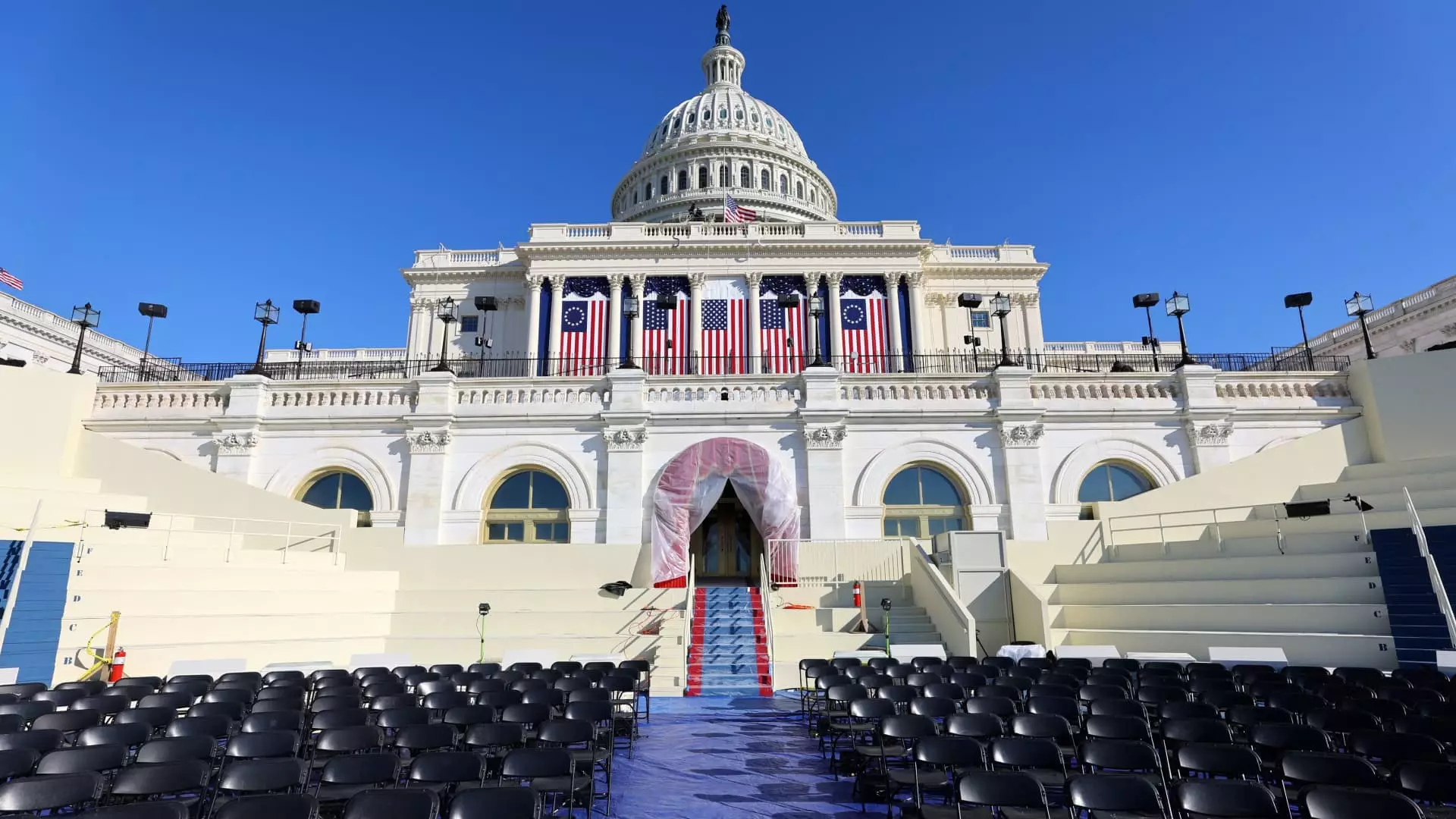As the political landscape evolves, concerns about transparency in political funding have surged to the forefront of public discourse. Senate Democrats, led by Senator Catherine Cortez Masto of Nevada, are advocating for stringent regulations surrounding presidential inaugural committees. These committees, tasked with overseeing the celebratory events that accompany a new president’s swearing-in, have come under scrutiny, particularly regarding the substantial financial contributions from corporations and wealthy donors that can potentially promote favoritism and corruption in government.
Cortez Masto is vocal about her intention to demand greater accountability, stating, “The American people deserve to know how these funds are being spent and exactly who they come from.” This sentiment echoes a growing distrust among citizens concerning the motivations behind such lavish donations. With concerns about corporate influence permeating Washington, the need for legislative measures to mitigate potential cronyism has never been more pressing.
The Inauguration Act: Key Provisions
Legislation commonly known as the “Inaugural Committee Transparency Act” was reintroduced by Cortez Masto, aiming to enforce explicit disclosure requirements. The proposed bill mandates that inaugural committees reveal the identities and addresses of any individuals or vendors compensated over $200. Furthermore, the act specifies that all unspent contributions must be allocated to a qualifying charity within 90 days post-inauguration, thus preventing leftover funds from being misappropriated for personal gain.
These measures are designed not only to shield the integrity of the inauguration process but also to maintain public trust in the electoral system. One notable aspect of this legislation is its prohibition on using donations for personal enrichment, a safeguard that seeks to dissuade unethical financial practices associated with the political establishment.
Current Landscape and Legislative History
The financial backdrop against which these reforms are proposed is rather alarming. Donald Trump’s inaugural committee for his first term raised an astonishing $107 million, setting a troubling precedent. The second inauguration, however, has reportedly seen contributions soar to approximately $170 million, with projections suggesting it could reach $200 million. Such staggering figures highlight the urgent need for oversight, especially as influential CEOs and corporations appear eager to curry favor withTrump’s administration as he prepares for another four years in office.
Each Congress since 2017 has witnessed Cortez Masto’s repeated attempts to advance this legislation, yet it has encountered various hurdles that prevent its enactment. The lack of binding expenditure disclosure requirements presents a significant challenge, raising the question of how engaged legislators truly are in pursuing reform. The absence of checks and balances fosters a culture of opacity that can easily invite questionable financial practices.
As the inauguration season approaches, the pressing issue of transparency within inaugural committees cannot be overstated. The proposed reforms from Senate Democrats encapsulate the necessary steps toward ensuring these funds are handled responsibly and ethically. With the specter of corporate leverage looming large, it is imperative that lawmakers prioritize the notion of accountability. The integrity of the democratic process depends significantly on the public’s faith in its leaders, and establishing transparency in inaugural funding is a crucial part of restoring that faith. Implementing these changes would mark a vital step in promoting good governance and safeguarding against the corrosive effects of money in politics.


Leave a Reply